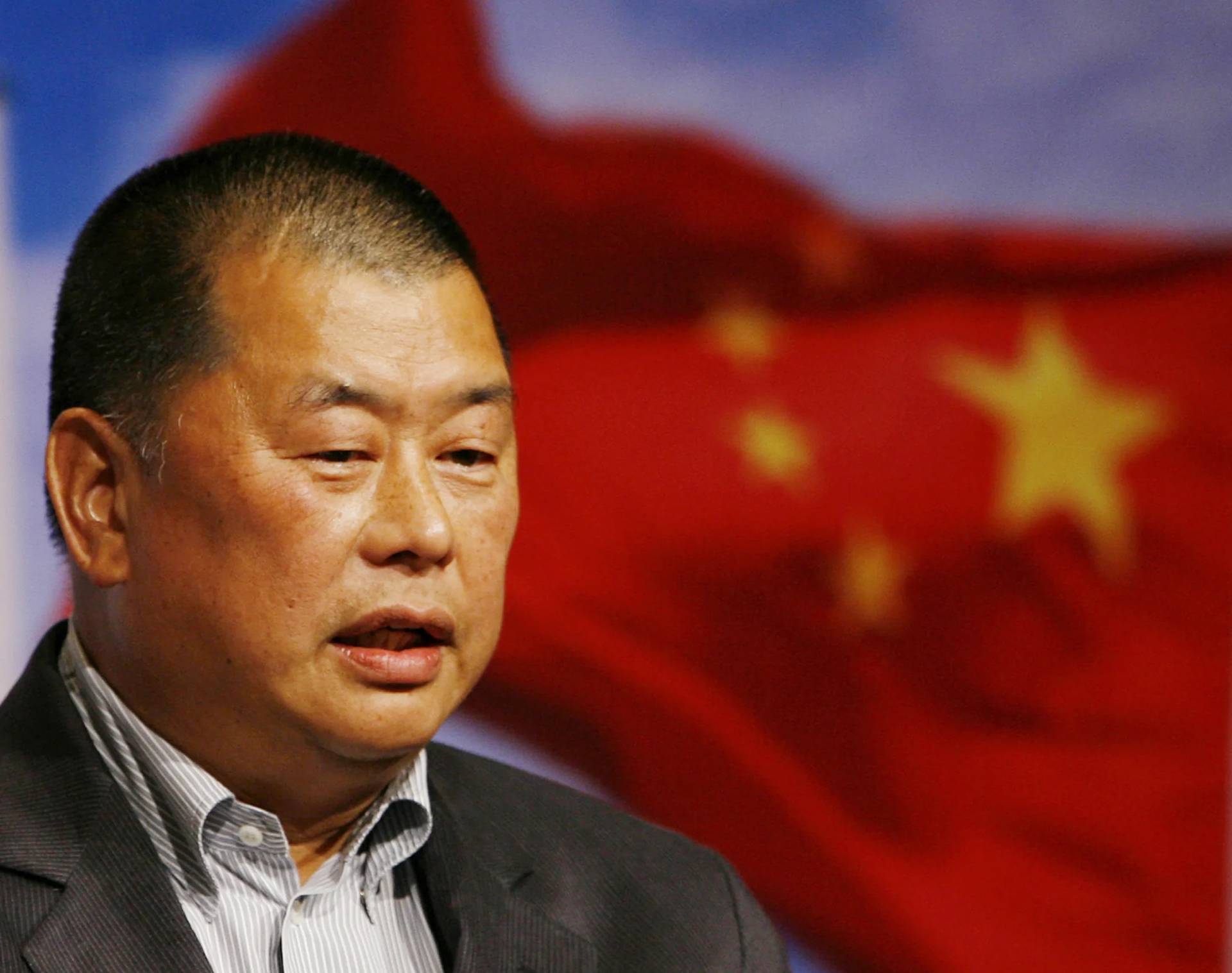ROME – As the number of suicides in Japan mount amid the ongoing fallout of the coronavirus pandemic, the country’s bishops have issued a statement for the one-year anniversary of Pope Francis’s visit last year, calling, among other things, for solidarity with the poor and an end to discrimination against the infected.
In light of COVID-19, “We must recognize each other as brothers and sisters, and build our everyday relationships, societies, politics and social systems based on fraternity, dialogue and fellowship,” the Japanese bishops said in a statement signed by Archbishop Joseph Takami of Nagasaki, who leads the Japanese Bishops’ Conference.
Published Nov. 23 to coincide with the one-year mark of Pope Francis’s arrival to Japan last year, the bishops’ statement noted that the modern world is filled with a catalogue of ideas and actions which “deny or destroy fraternal relationships.”
These attitudes, they said, “include indifference to selfishness and the common good, control by profit and market logic, racism, poverty, inequality of rights, oppression of women, refugees, and human trafficking.”
Faced with this situation, the bishops stressed the need to be “good neighbors to the suffering and the weak like the good Samaritan in the parable of Jesus.”
To do this, they said, “we must imitate God’s love and go out of ourselves to respond to others’ hope for a better life because we too are poor creatures who receive God’s mercy.”
The bishops’ statement coincided with the one-year anniversary of Pope Francis’s Nov. 23-36 visit to Japan, which was part of a wider Nov. 19-26 trip to Asia that also included a stop in Thailand. While in Japan, Francis visited the cities of Nagasaki and Hiroshima, which were hit by atomic bombs in August 1945 during the Second World War.
In their statement, the Japanese bishops recalled the theme of the pope’s visit, which was to “Protect All Life,” and suggested making this motto “a guideline for life.”
In addition to calling for the abolition of the global nuclear arsenal and stressing the importance of environmental care, the bishops also pointed to several themes that emerged during the pope’s visit, including martyrdom, natural disasters, discrimination and bullying, and the purpose of living.
Speaking of natural disasters, the bishops insisted on the need for victims to receive food and shelter, and voiced their solidarity with “the poor who suffer from environmental pollution, those who are forced to live as refugees, those who lack food for the day and those who are victims of economic disparity.”
The appeal for solidarity with the hungry and those suffering economic hardship is especially potent for Japan given the nation’s rising suicide rates in recent months, which many experts argue is linked to fallout from the financial toll of the COVID-19 pandemic.
According to a recent report from CNN’s Tokyo bureau, in the month of October alone more lives were claimed from suicide in Japan than from COVID-19 throughout the entire year. Some 2,153 suicides were reported in October, versus the country’s total coronavirus toll of 2,087.
Japan is one of the few countries which has not had a national lockdown, and compared to other countries, the impact of the coronavirus has been relatively low – a fact causing some experts to fear the long-term impact of COVID on countries that have endured longer and tighter restrictions.
A country that traditionally ranks among the highest in the world for suicide, Japan over the past decade has seen a decline in the number of people taking their own lives: Until COVID.
Now, the stress of long working hours, pressure from school, long periods of isolation and a cultural stigma surrounding those who have been infected or who have worked alongside the infected have taken a toll, particularly on women, who typically compose the bulk of the workforce in jobs with heavy coronavirus-related layoffs such as hotels, food service, and retail, CNN found.
Women who have kept their jobs have either faced reduced hours, or, for those who are mothers, they have endured the added stress of juggling work with childcare and distance-learning requirements.
Young people themselves make up a large portion of suicides in Japan, and social isolation as well as pressure from falling behind in school has only compounded the anxiety many youths might already be experiencing.
Some organizations have stepped up to offer help to those struggling with depression or anxiety, offering assistance through text messages or a call help line, as well as working to break the stigma surrounding mental health struggles. However, with COVID numbers still rising globally, there are thousands who could still be at risk.
In their statement, the Japanese bishops said the pandemic has forced the realization of how “fragile human life is and how many people we rely upon to live.”
“We must give thanks for God’s grace and the support of others,” they said, and criticized those who discriminate against people infected with the virus, their families and the healthcare workers trying to save lives.
“We should rather be close to those who are suffering, to support and encourage them,” they said.
Follow Elise Ann Allen on Twitter: @eliseannallen














